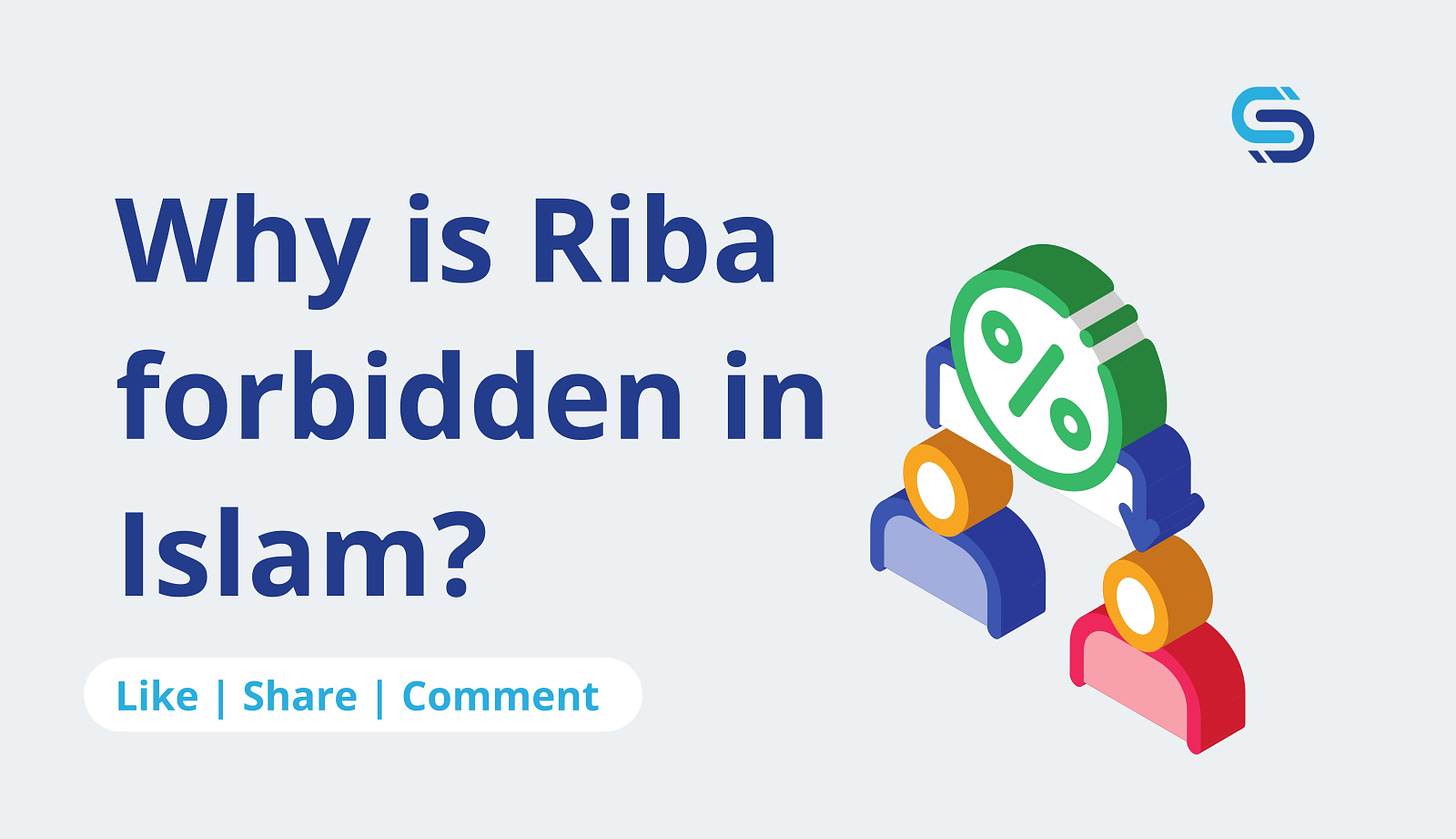Why is Riba forbidden in Islam?
Understanding Riba: Its Types and Implications According to Islamic Principles
Riba, or usury, is a controversial topic in Islamic finance. It refers to the charging of interest on loans, which is strictly prohibited in the Quran and the Hadith. The reason for this prohibition is to prevent exploitation of the poor and vulnerable by the wealthy and powerful.
In the Quran, riba is mentioned in several verses, including:
"Those who consume interest cannot stand [on the Day of Resurrection] except as one stands who is being beaten by Satan into insanity. That is because they say, 'Trade is [just] like interest.' But Allah has permitted trade and has forbidden interest." [2:275]
"O you who have believed, fear Allah and give up what remains [due to you] of interest, if you should be believers." [2:278]
From these verses, it is clear that riba is a sin and those who engage in it are subject to punishment in the hereafter.
In the Hadith, there are also numerous references to riba, including the following:
"Abdullah ibn Mas'ud reported: The Messenger of Allah, peace and blessings be upon him, cursed the accepter of interest, its payer, and its two witnesses. He said, 'They are all alike.'" [Sahih Muslim 1598]
"Abu Huraira reported: The Messenger of Allah, peace and blessings be upon him, said, 'Avoid the seven deadly sins.' It was said, 'What are they, O Messenger of Allah?' The Prophet said, 'Associating anything with Allah, magic, killing a soul whom Allah has forbidden except by right, consuming the property of an orphan, consuming riba, fleeing on the day of the battle, and slandering chaste women who are believers but indiscreet.'" [Sahih Bukhari 6914]
These Hadiths highlight the severity of riba as one of the seven deadly sins that Muslims should avoid at all costs.
There are two types of riba:
Riba al-fadl and Riba al-nasi’ah.
Riba al-fadl refers to the practice of exchanging commodities of the same type but with unequal amounts. This type of riba is prohibited because it involves an unfair exchange of goods.
Riba al-nasi’ah refers to the practice of charging or paying interest on loans. This type of riba is prohibited because it involves exploiting someone in need by charging them extra money.
In modern times, riba has taken on different forms, including interest on loans, credit card fees, and even some types of insurance. As such, it is important for Muslims to be aware of these practices and to seek out halal alternatives.
What are its implications?
The implications of riba are significant. The Qur’an states that those who engage in riba will not stand on the Day of Resurrection except like the standing of a person beaten by Shaytan leading him to insanity.
The Hadith also mentions that the one who consumes riba, the one who gives it to others, the witnesses to it, and the one who writes it down are all considered to be equally guilty.
What alternatives are available?
Some alternatives to riba include profit and loss sharing (Mudarabah), partnership (Musharakah), and leasing (Ijarah). By choosing these methods of financing, conscious believers can ensure that they are not engaging in riba and are following the teachings of the Quran and the Hadith.
Islamic fintechs which stecs.ng is one of and financial institutions that operate based on the above principles.
In conclusion, riba is a major sin in Islam and Muslims should be aware of its various forms in modern times. By avoiding riba and seeking out halal alternatives, you can ensure that your financial practices are in accordance with the teachings of the Qur’an and the Hadith.
To avoid interest on your savings, as well as purify your wealth? Choose STECS
We are launching 🚀 soon. To get early access to stecs all-in-one money app, visit stecs.ng to join the waitlist.
Would you like us to educate your community about non-interest finance? Please send an email to hello@stecs.ng
We are launching our app soon and we would look to invite you to join the waitlist. Kindly visit stecs.ng to join.
Follow our social media handles to stay up-to-date on valuable information related to halal finance, savings, business
www.linkedin.com/company/stecs-ng/
Gain access to in-house professionals and get answers to pressing questions around Islamic finance and money management. Click the link below to join the




